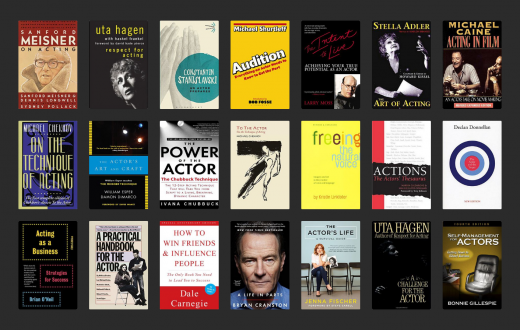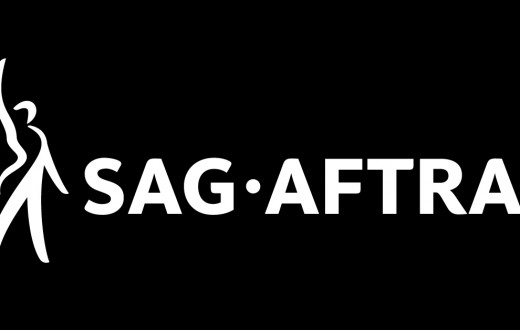In the world of acting, monologues are more than just words on a page; they are the gateway to exploring the depths of human emotion and character. For actors, continuous learning and skill refinement are essential. One potent method for honing your craft is through performing a variety of monologues. This article delves into how embracing new and diverse monologues can significantly enhance your acting skills.
Section 1: Broadening Your Emotional Range
Acting is an emotional art. By engaging with different types of monologues – be it a tear-jerking scene from a drama, a light-hearted comedic piece, or a profound soliloquy from a Shakespearean play – you challenge yourself to navigate through a spectrum of emotions. This exploration is crucial in developing emotional agility, allowing you to respond authentically to various scenarios on stage or screen. For instance, a dramatic monologue might require you to tap into deep sorrow, while a comedic one might challenge you to find and express joy and humor under the surface.
Section 2: Developing Versatility
In an ever-evolving industry, versatility is a superpower. By experimenting with monologues from different genres and styles, you not only test your adaptability but also increase your marketability as an actor. Imagine walking into an audition with the confidence that you can deliver any given scene with conviction, whether it’s a fast-paced comedy or a slow-burning drama. This versatility makes you a valuable asset in the eyes of casting directors and producers.
Section 3: Understanding Character Depth
Monologues are a window into a character’s soul. They offer a unique opportunity to delve deep into a character’s psyche, exploring their motivations, fears, and desires. By choosing monologues from diverse backgrounds and experiences, you expand your capacity for empathy and understanding. This deep dive into various characters enriches your ability to bring authenticity and depth to your performances, making your portrayal of characters more believable and impactful.
Section 4: Improving Memorization and Delivery Skills
One practical benefit of working with new monologues is the enhancement of your memorization skills. Each new piece presents a fresh memorization challenge, reinforcing your ability to quickly and effectively internalize scripts. Furthermore, the delivery of a monologue is an art in itself. It’s not just about the words, but how you say them. Practice different techniques of vocal modulation, pacing, and physicality to discover what brings the text to life.
Section 5: Building Confidence and Reducing Stage Fright
Regular practice with new and challenging monologues can significantly boost your confidence. As you conquer these small mountains, your fear of the stage diminishes. Use monologue performance as a tool to face and overcome stage fright. The more you expose yourself to different scenarios through monologues, the more comfortable and confident you become in your skin as an actor.
Conclusion
Embracing a variety of monologues is not just about learning new lines; it’s about growing as an actor. It challenges you, molds your emotional intelligence, refines your delivery skills, and builds your confidence. So, step out of your comfort zone, explore monologues from all walks of life, and watch as your acting skills reach new heights.
Bonus!
If you want to make even more use of your monologues. Record your performance of them and add the video to your DirectSubmit resume, so casting directors can see your work!







